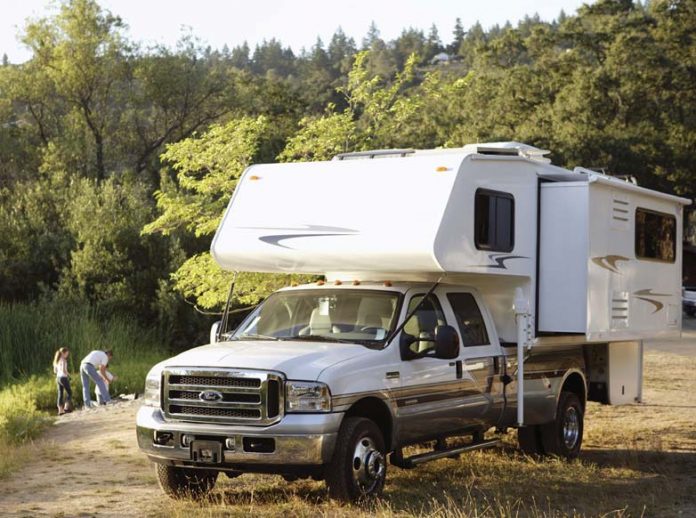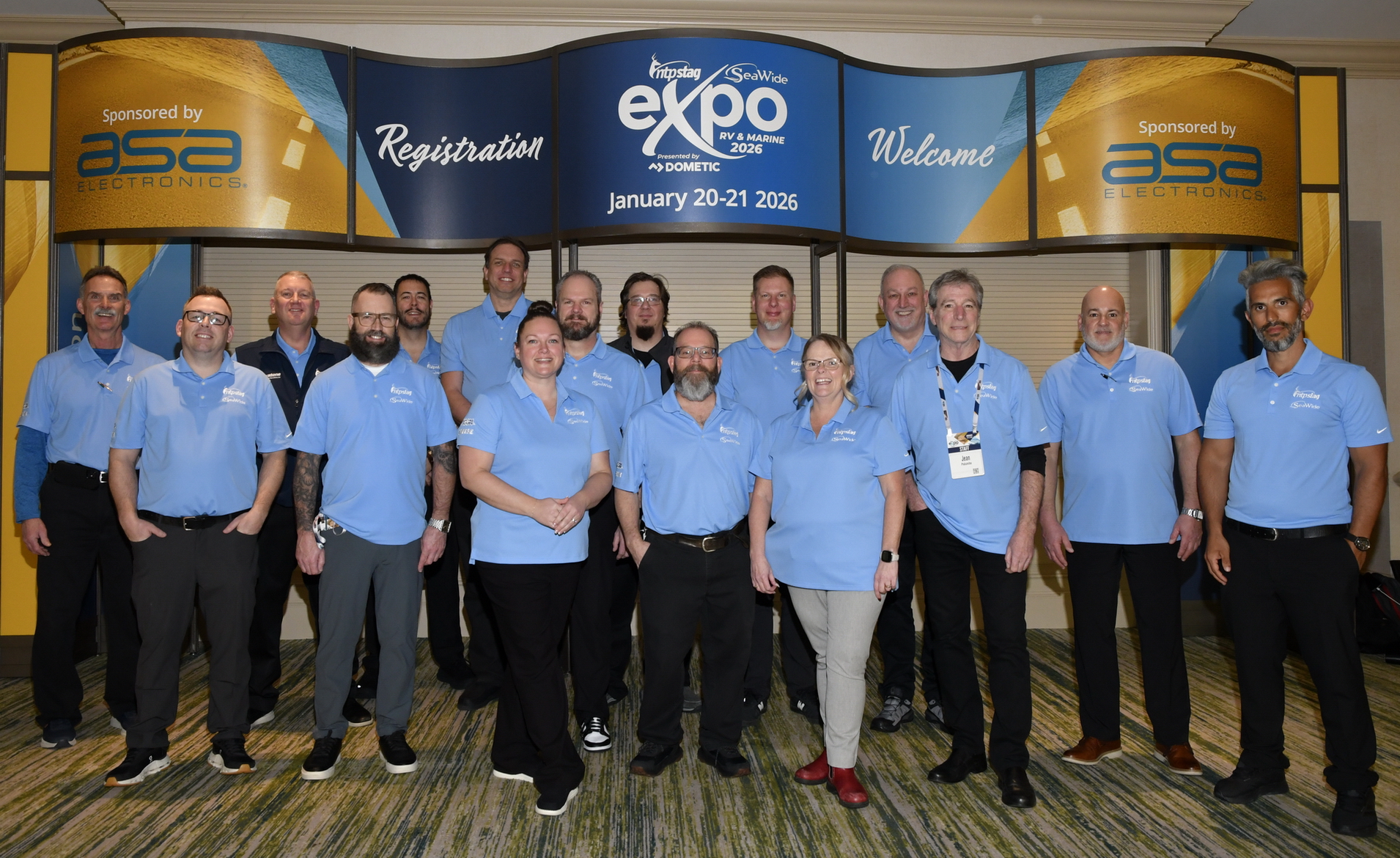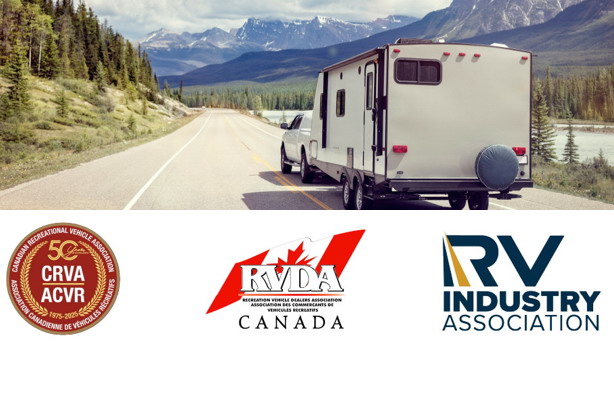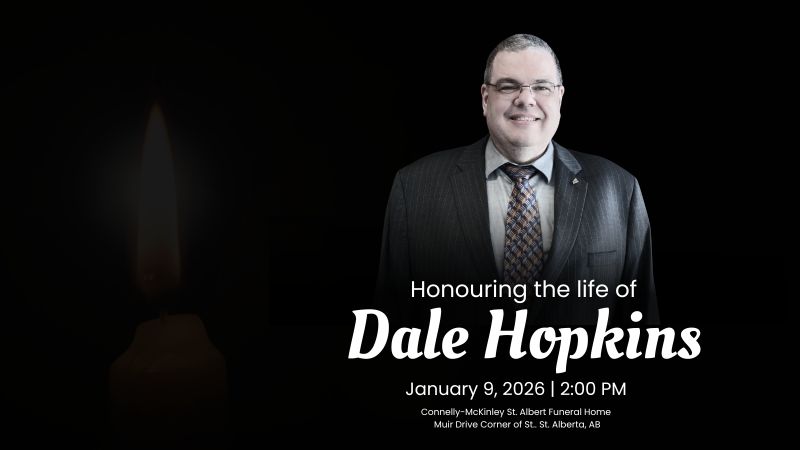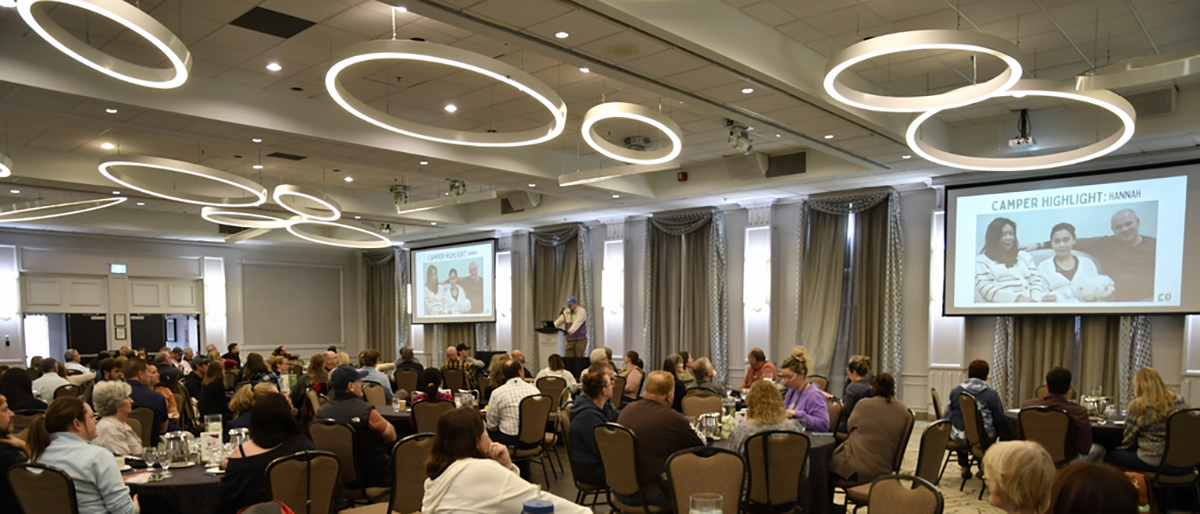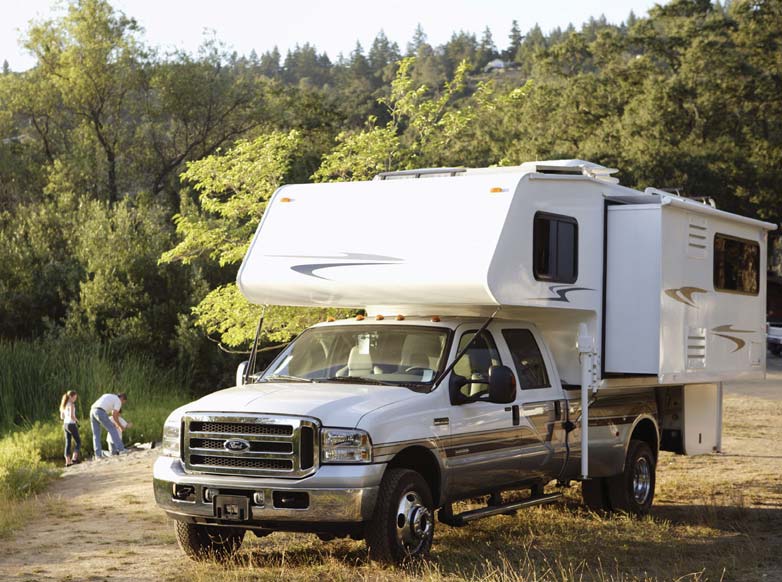 A 2015 ruling by Canada Revenue Agency (CRA) that has seen private campgrounds across Canada receive retroactive tax bills of up to $250,000 has turned into a political hand grenade for Ottawa following independent public relations campaigns launched this spring by Camping in Ontario and the Canadian Federation of Independent Business.
A 2015 ruling by Canada Revenue Agency (CRA) that has seen private campgrounds across Canada receive retroactive tax bills of up to $250,000 has turned into a political hand grenade for Ottawa following independent public relations campaigns launched this spring by Camping in Ontario and the Canadian Federation of Independent Business.
The Canada Revenue Agency ruled last year that some campgrounds are too small to qualify for the small-business tax deduction, and exist primarily to generate rental income rather than provide a service. As a result of the ruling, these smaller campgrounds were deemed ineligible for the small business tax rate, and have been re-assessed at a rate three times higher. Affected campgrounds Canada-wide began receiving retroactive tax bills for the 2013 and 2014 tax years last fall.
In time for this spring’s camping season, Camping in Ontario issued a press release on May 12 calling for the Canadian government to overturn CRA’s ruling. As of late May, more than 4,000 people had signed an online petition supporting the request for action.
“Camping is about celebrating the great outdoors and is an integral part of our nation’s history and our identity as Canadians,” said Alexandra Anderson, executive director of Camping In Ontario, in the May 12 press release. “Nearly 5.8 million Canadians go camping each year, along with numerous international visitors who want to experience the natural wonder of our country. We don’t want to believe that it is the CRA’s intention to destroy family run campgrounds, but that’s exactly what will happen if their decisions are not reversed.”
Camping in Ontario – which represents 440 privately owned campgrounds in Ontario – is working with the Canadian Federation of Independent Business (CFIB) to push the Department of Small Business and Tourism, Finance Canada and the CRA to implement changes that ensure campgrounds are recognized as small businesses and pay the same taxes as other small businesses. “CRA is punishing these hard-working, middle-class small business owners by taxing them at triple the rate of other small businesses – rates higher than even the largest corporations,” said Dan Kelly, CFIB president. “With penalties and interest, these back tax bills are often in the tens of thousands of dollars, crippling otherwise healthy businesses, and leading to ruin for others.”
According to Camping in Ontario, the camping community supports 15,000 jobs across the province, contributing $1 billion to Ontario’s economy and generating $294 million in tax revenues. Campgrounds in particular are a source of employment and economic activity in Ontario’s north and rural communities in the province. The group argues that campgrounds do, in fact, provide a service similar to that of hotels and motels, both of which normally qualify for the small business tax rate. “They sell firewood, most of them have stores, a lot of them have restaurants, some of them have laundromats or places where you can clean your ATV. These are all services,” said Camping in Ontario executive director, Alexandra Anderson.
The former Harper government had promised to review the rules following complaints from small business groups last fall. But this spring the newly elected Trudeau government announced that the review was complete and there will not be any changes. Representatives from a number of RV industry trade associations continue working with Ottawa in the hopes of finding a resolution.









